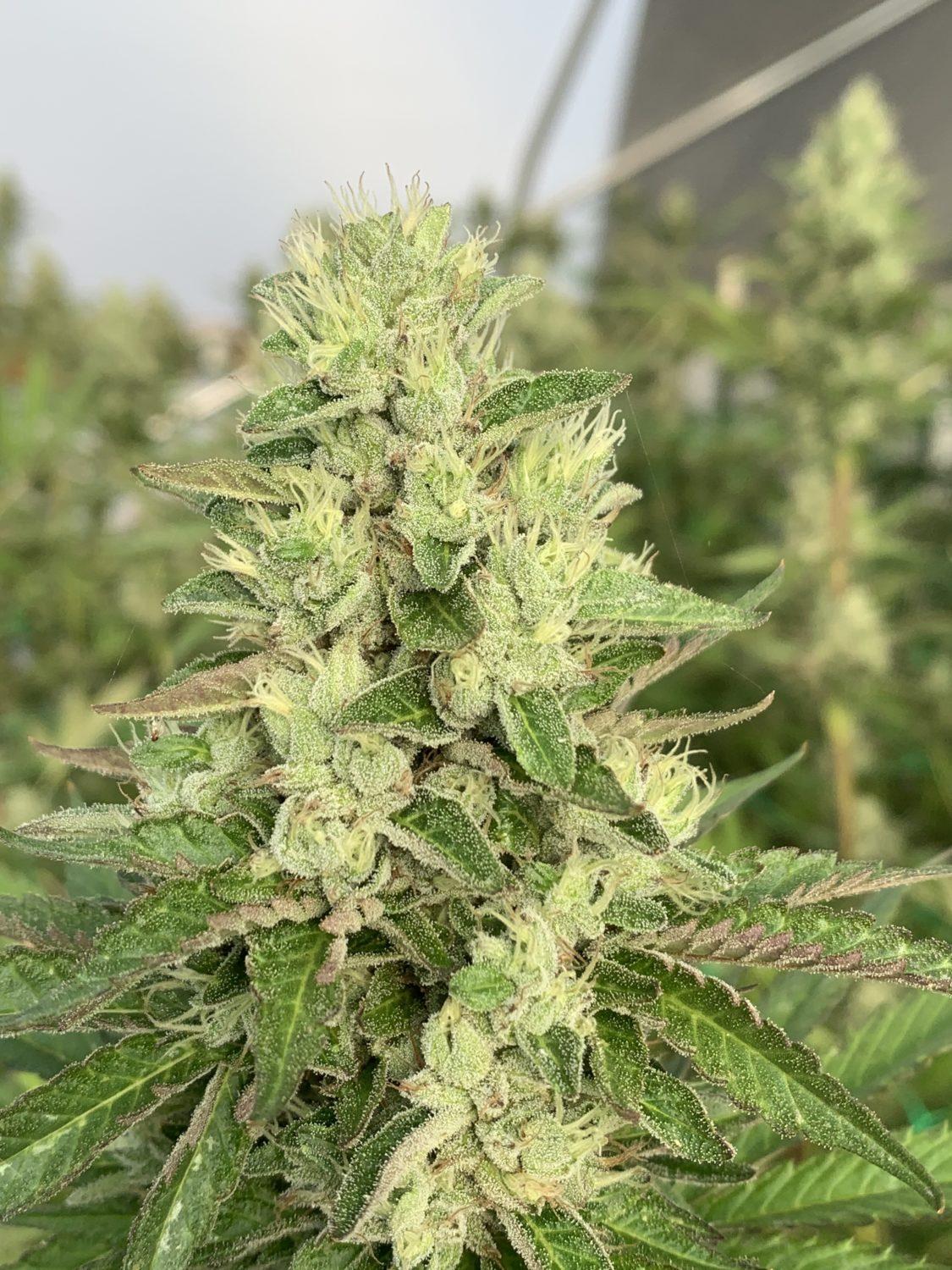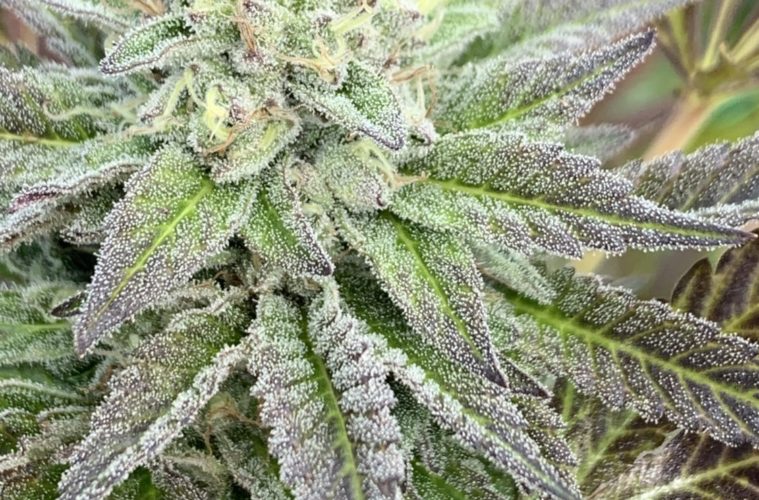The Dep Report heads south this week to the Central Valley.
In recent years, the growing scene in the Central Valley has become a lot more prevalent. While the weather can get a bit toasty, there is a lot of convenience in having giant flat spaces to grow your legal marijuana now that you don’t have to worry about helicopters and whatnot.
Many folks with deep pockets have agreed with that in principle. This has led to valley weed getting a certain aura, especially for helping contribute to that flood of weed we’ve referenced in the previous editions of the Dep Report. But not all the weed coming out of the valley, or light-deprivation grown pot especially, is coming from some big scary corporate behemoth.
When I put the word out that the Dep Report was heading to the Central Valley, I immediately got a flurry of DMs recommending I talk to Cali Kosher founder Darron Silva. It has been a couple of years since we chatted with Silva for The Ancient and Recent History of Kosher Pot and I agree with the DMs that one of the original valley takes on the situation is still one of the best.
Silva started by noting how good prices were back in the day as he was getting the ball rolling for the company.
“Yeah, the general gist of it from the start of the first harvest was [deps are] kind of scarce in the rec market – you know, three, four years ago getting stuff into the stores. And that’s being one of the first to be licensed and get product out of the Central Valley,” Silva told L.A. Weekly. “We were fortunate prices were up at that time. We were selling dep eights for $15 an eighth – 1,920 pounds – so that’s good prices for deps in the rec market.”
As with many of the state’s long-time cultivators, unfortunately Silva has seen the price point he is able to move flower at dip.
“Now? Got a tough time selling deps for $10 an eighth, so it’s dropped a good almost 50 percent. It’s flooded, a race to the bottom, you know?” Silva said. “Everybody’s throwing their shit out there for cheap just to get it sold and stay relevant, keep money flowing.”

Lemon Royale
We asked Silva how tough it is to see the numbers dip as his company continues to expand and build out new facilities in the valley.
“You know, fortunately, we were vertically integrated so that helps out,” Silva said. “We grow our own, extract our own, and then that helps. We’re able to play in the field with those smaller margins where some people aren’t able to because they got to send their stuff off to extract. They got to have somebody else trim it, they got to have somebody else transport it. We’re fortunate enough that we’re able to handle all those aspects of the business on our own which helps us out with our bottom line. And helps us be able to continue to grow because we own our properties and we own our license. We’re not renting anything, so you know we’re not paying the piper. We’re not paying $3 a square foot, things like that. So it keeps us in the industry, keeps us relevant being that we’re vertically integrated we handle all of our processes from the farm all the way down to the retail store.”
Apart from how much trickier it is to do business these days than when he opened shop, Silva did go on to say the deps he ran in the first round came out awesome.
“First round the deps looked amazing and came out great. The weather was good. We haven’t had much rain so that’s been good. A little hotter than we’d like inside the greenhouses with the 100-degree temperatures that we’ve had here in the central valley, but overall for growing it’s been good weather.”
For the first round, he had eight greenhouses going with four strains each. “The Lemon Royale is right up there at the top,” Silva said of his current spread of genetics. Other hitters include a Sherb Cake, Papaya and a new strain called Cherry Cobbler.
“We’ve crossed some cherry pie with the peach rings, and that got dropped and that came out amazing as well,” Silva noted on the Cherry Cobbler.
We asked Silva if it was tough to see the way people look at weed from the valley given he’s not one of the giant operators decimating the price point in the whole marketplace.
“Yeah, that’s what people think when you come out swinging early,” Silva said. “They think you got Canadian money or something backing you and we really don’t. It’s kind of a mom-and-pop operation that has grown, fortunately, but the perception of it is that.”
Silva noted on a visit to San Francisco to a high-level weed party he didn’t realize he was attending he accidentally overdressed. Everyone thought he was the walking representation of “that guy” from the valley they’d heard about.
“Actually, I didn’t know I was going there. It just got invited to an event in San Francisco to a dinner,” Silva said. “I went there. I put on a blazer to try to look presentable. No one would even talk to me in that room,” Silva said. “I was the guy from the Central Valley, there was a Chad, right?”
Eventually, he found himself explaining to the dinner party that simply wasn’t the case.
“I’m the total opposite, from the Central Valley, born and raised, broke, hustling,” Silva said. “I don’t got no Chad money. My parents don’t even own a fucking house, you know? But the perception of us being out here in the Central Valley, yeah, it’s a little bit difficult but bring them out to the farm. Bring them out to the retails, to the lab and show them that it’s us and our team that we’ve been working with the past 15 years.”
Advertising disclosure: We may receive compensation for some of the links in our stories. Thank you for supporting LA Weekly and our advertisers.

